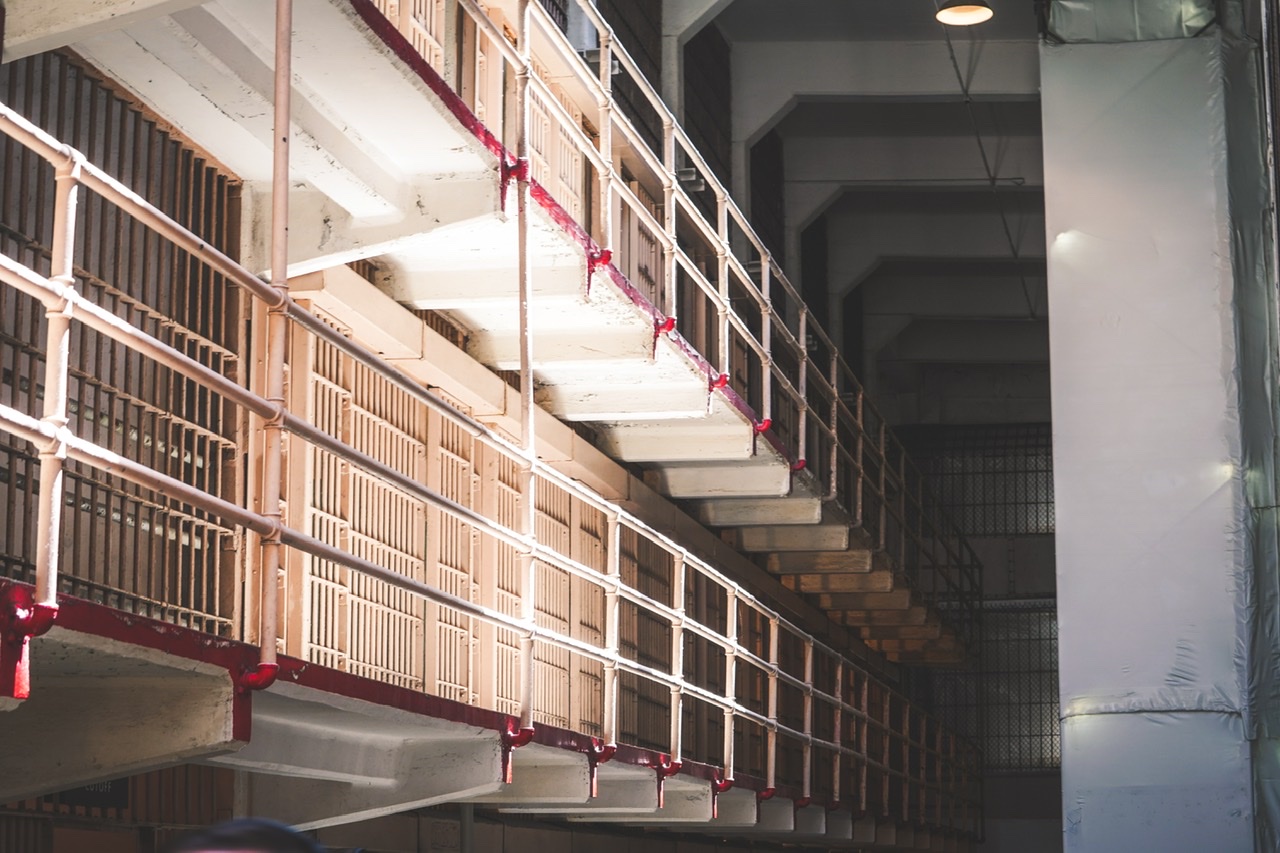Australias 'exceptional' human rights record
January 26, 2021
Leaders who consider their country exceptional are less likely to acknowledge any shortcomings. In light of recent criticism of Australias human rights record, will our leaders feel so ashamed of being labelled exceptional that they will look to implement standards of common decency considered central to a fair-go culture?

In Geneva during the UN Human Rights Councils periodic review of human rights, 40 countries criticised Australias policies regarding the imprisonment of Indigenous people, the treatment of asylum seekers and the age of criminal responsibility.
On the latter issue, the Federal government uses the cop-out response that the Australia-wide policy that children as young as 10 can be held criminally responsible is a matter for the states, so federal Australia can wash its hands of its out-of-date attitude.
On the grounds that a country does not like to be compared unfavourably with others, Australia could ponder a few comparisons. In Slovakia, Germany, Italy and Romania, the age of criminal responsibility is 14. In the Czech Republic, Denmark, Finland, Norway and Sweden it is 15. Portugal sticks with 16.
An Australian fascination with punishment and locking people up remains a major obstacle to raising the age of criminal responsibility. The same obstacle hinders responses to the Human Rights Councils trenchant criticism of Australia’s record of imprisoning Aboriginal citizens. That Council reminded the world that although Indigenous Australians make up only 3% of the population, they represent 29% of the adult prison population.
This almost taken for granted use of imprisonment as the way to teach offenders a lesson implies that the First Fleet has only just landed. As with the absurdly cruel and counter-productive rates of imprisonment in the US, it is at best lazy to rely on imprisonment as the way to repeat history.
Creative, energetic policies in the administration of justice are being offered as an alternative to imprisonment but a revolution is needed, not just a modest reduction in the numbers sent to prison. Punishing the vulnerable remains the lazy policy, guarantees misery and more UN criticism.
Books and infinite numbers of articles have been written about Australias cruelty towards asylum seekers, but bipartisan Canberra refuses to respond to the UN critique of Australias use of offshore processing and prolonged detention of such powerless people.
A chink of light may have appeared a week ago when refugees held for months in a Melbourne hotel were released into the community, yet Minister Dutton explained the release on the grounds that it was cheaper to release them than to pay the costs of incarceration 23 hours a day in hotels.
Incredulity at such an explanation should remind a thinking public that the case for punishing asylum seekers has always stifled any arguments about cost effectiveness. International companies have made a fortune from Australias outsourcing its responsibilities, and for imprisoning men, women and children on Manus and Nauru. Figures vary, but $400,000 per person per annum is a conservative estimate of the costs of offshore punishment compared with the $40,000 costs of respecting international law and allowing asylum seekers to live in the community.
While on the issue of cost effectiveness, who justifies the 1,000 days of detention on Christmas Island of two little girls from Bilolea, Konica and Tharunicaa? How to explain that in Geneva? What point is being made, unless cruelty is the yardstick, unless Morrison and Co are making that other lazy, knee jerk claim that they are discouraging people smugglers?
The non refoulement international convention says that countries cannot return anyone to a place where they face the risk of persecution. Who cares if a country defines its exceptionalism by insisting that its laws should remain independent of international considerations. Go it alone. Damn the UN ?
Harshness remains the Australian policy towards asylum seekers. UNHCR chief Filipo Grande says this system has caused extensive, avoidable suffering yet Australian politicians have tried to gain kudos by recommending that other nations imitate the Australian model. After some consideration, European governments have rejected any idea that when it comes to refugee policies, Australia knows best. Dismissal of Australias cruel nonsense is based around questions of costs plus an acknowledgement that asylum seekers human rights should be realised.
Australia has claims to being regarded as slightly exceptional, as in the scientific, public health-based response to the Covid pandemic and, until a week ago, in our prowess at cricket. But our human rights record is at best patchy and on the issues raised in Geneva, its a disgrace.
Prompt, gutsy responses to the UN criticism have to overcome the chest-beating nationalism that shouts how we make our own laws, that we are proud and independent, that well decide who comes here and how they travel. In a world where survival depends on internationalism, including respect for human rights treaties, Australia could show that respect by assuring the UN that major political parties will campaign to raise the age of criminal responsibility to 15, cease the almost automatic imprisonment of Aboriginal citizens and abandon the decades-old cruelty as the centrepiece of policies towards asylum seekers.
Once those policies have been implemented, self congratulation about being exceptional could be uttered, but quietly, with a touch of humility coupled to acknowledgement that our past record was not impressive.
